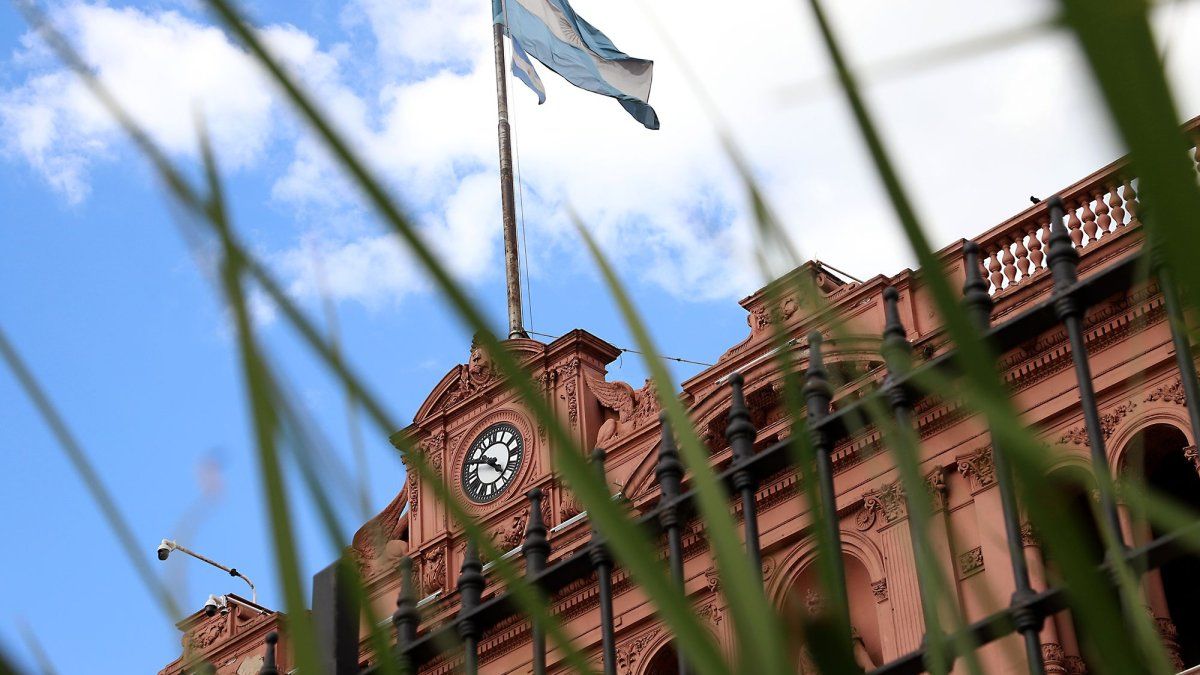The WHO is sounding the alarm: New Mpox outbreaks in Africa are threatening health worldwide. But an important tool for containment is missing. The most important questions and answers.
The World Health Organization (WHO) has declared the highest level of alert due to the spread of the Mpox virus. Several Mpox outbreaks in Africa and a new, potentially dangerous variant threaten public health worldwide. It declared a “Public Health Emergency of International Concern” (PHEIC).
The International Federation of Red Cross and Red Crescent Societies (IFRC) described the spread of the virus as “very worrying”. The IFRC is ready to help contain the spread of the virus even in remote regions.
What are Mpox?
Mpox used to be called monkeypox because it was first discovered by chance in monkeys. In general, the WHO does not want to name diseases after animals or countries in which they are discovered in order to avoid discrimination. The virus is related to the classic smallpox virus (variola virus). It causes mainly skin rashes, but also fever and muscle pain.
Why is the WHO declaring an emergency now?
A new variant is causing concern at the World Health Organization. It was discovered in the Democratic Republic of Congo in late 2023. It is a sublineage of the Mpox clade I (Roman for one). It is called Ib. According to observations by local experts, it is likely to be more contagious than previous variants and cause a more severe infection, said Dimie Ogoina, a Nigerian infectious disease specialist at Niger Delta University. He headed the WHO emergency committee of independent experts.
The Ib variant spreads through sexual contact, among other things, says Ogoina. In the Democratic Republic of Congo, however, it is mainly small children who are infected, who account for the majority of deaths.
How common is Mpox?
This year, more than 14,000 suspected cases and more than 500 deaths have been reported from the Democratic Republic of Congo and other countries – more than in the whole of last year. Experts fear that this may only be the tip of the iceberg because not enough tests are being carried out and not all infected people are going to see doctors.
What are the consequences of a “public health emergency of international scope”?
A PHEIC does not have any concrete consequences. (The abbreviation stands for “Public Health Emergency of International Concern”). The WHO wants to use it to make authorities around the world more vigilant. It also hopes for more financial support for containment measures in Africa.
How high is the Mpox risk in Europe?
Very low, according to the European Health Authority ECDC. According to the Robert Koch Institute (RKI), there are currently no known cases of clade I. “Mpox is not so easily transmissible,” said virus researcher Marion Koopmans of the Erasmus University Rotterdam. “It is spread through direct contact and is therefore – theoretically – relatively easy to stop if it is diagnosed and recognized.”
What about vaccinations?
There are two vaccines, but nowhere near enough doses, especially in Africa. WHO’s Tim Nguyen said 500,000 doses of the MVA-BN vaccine were available for purchase. Another 2.4 million could be produced by the end of the year if there are firm orders. The WHO appealed to donor countries to provide money for this. It also asked countries with stockpiles to donate vaccine doses.
The second vaccine, LC16, is being produced in Japan, but not commercially, said Nguyen. However, Japan is always very generous with donations. The EU has already announced that it will provide a good 175,000 doses of the MVA-BN vaccine. The manufacturer, the pharmaceutical company Bavarian Nordic, wanted to donate 40,000 doses.
Where does the virus come from?
Mpox viruses were originally widespread in rodents in West and Central Africa. They were first discovered in the 1970s in what is now the Democratic Republic of Congo. Due to a marked change in the pattern and frequency of mutations, it can be assumed that the pathogen has been circulating among humans since at least 2016, researchers report in the journal “Science”.
The WHO had already declared an emergency due to Mpox in July 2022. At that time, cases of the disease, which until then had been practically only known in Africa, were suddenly reported from more than 60 countries, including Germany. The number of cases fell significantly from August 2022 after information was provided in risk groups and vaccination programs were introduced. In May 2023, the WHO lifted the emergency again.
Source: Stern
I’m Caroline, a journalist and author for 24 Hours Worlds. I specialize in health-related news and stories, bringing real-world impact to readers across the globe. With my experience in journalism and writing in both print and online formats, I strive to provide reliable information that resonates with audiences from all walks of life.




